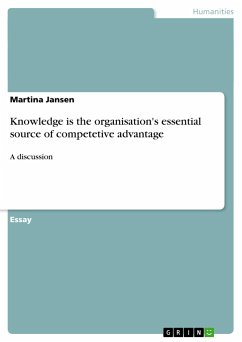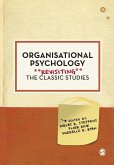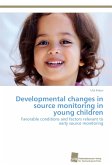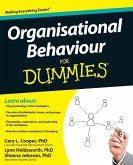Essay from the year 2009 in the subject Psychology - Work, Business, Organisational and Economic Psychology, grade: 1,3, London School of Economics (Department of Social Psychology), course: Social and Organisational Psychology, language: English, abstract: Introduction"The only thing that gives an organization a competitive edge - the only that issustainable - is what it knows, how it uses what it knows and how fast it can know something knew" (Prusak 1996).Organising knowledge effectively is often discussed as central element of successful organisations. The initial statement - or: hypothesis - emphasizes this perspective.Discussing this hypothesis raises three major questions: 1. Does literature support the perspective of knowledge as key factor for competitiveness? 2. Which role does knowledge actually play in organisational practices and how comes that - despite a general sense of importance and a broad academic discussion - handling knowledge appropriately is not ultimatelyimplemented and cultivated in today's organisations? 3.What needs to be done in order to close this gap between theory and practice?Consequently, this essay goes beyond just "testing" the initial hypothesis by discussing the above raised questions in a structured, three-part approach:A. Situation: Organising knowledge and competitiveness B. Complication: Burdens for organising knowledge effectively C. Concluding solution: Ideas for fostering knowledge management in practice [...]








